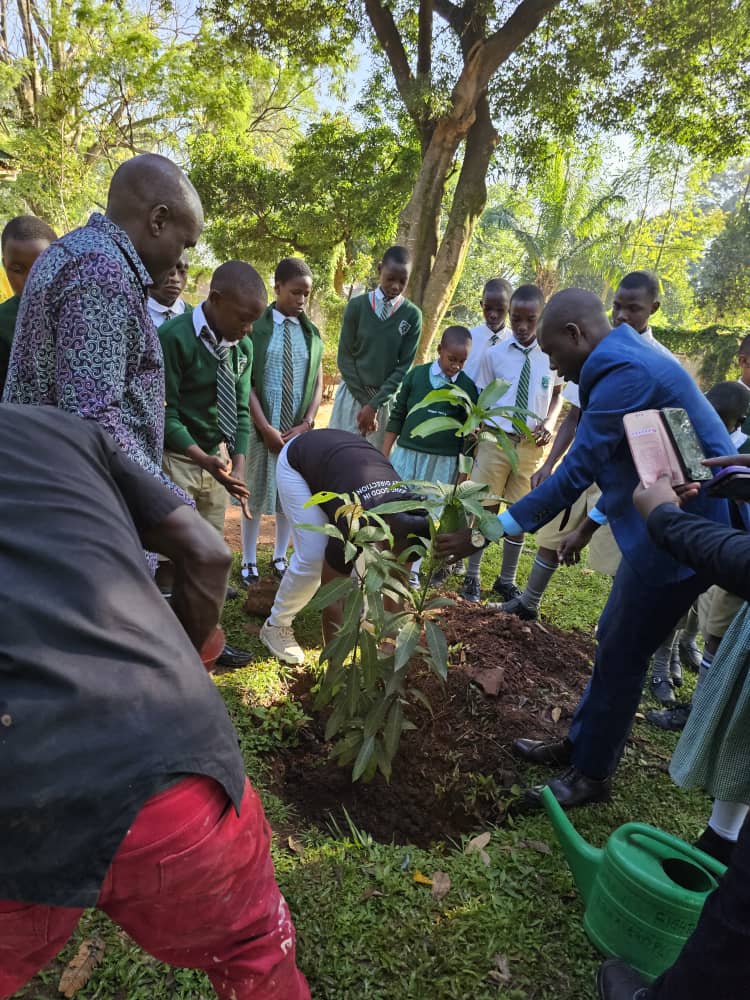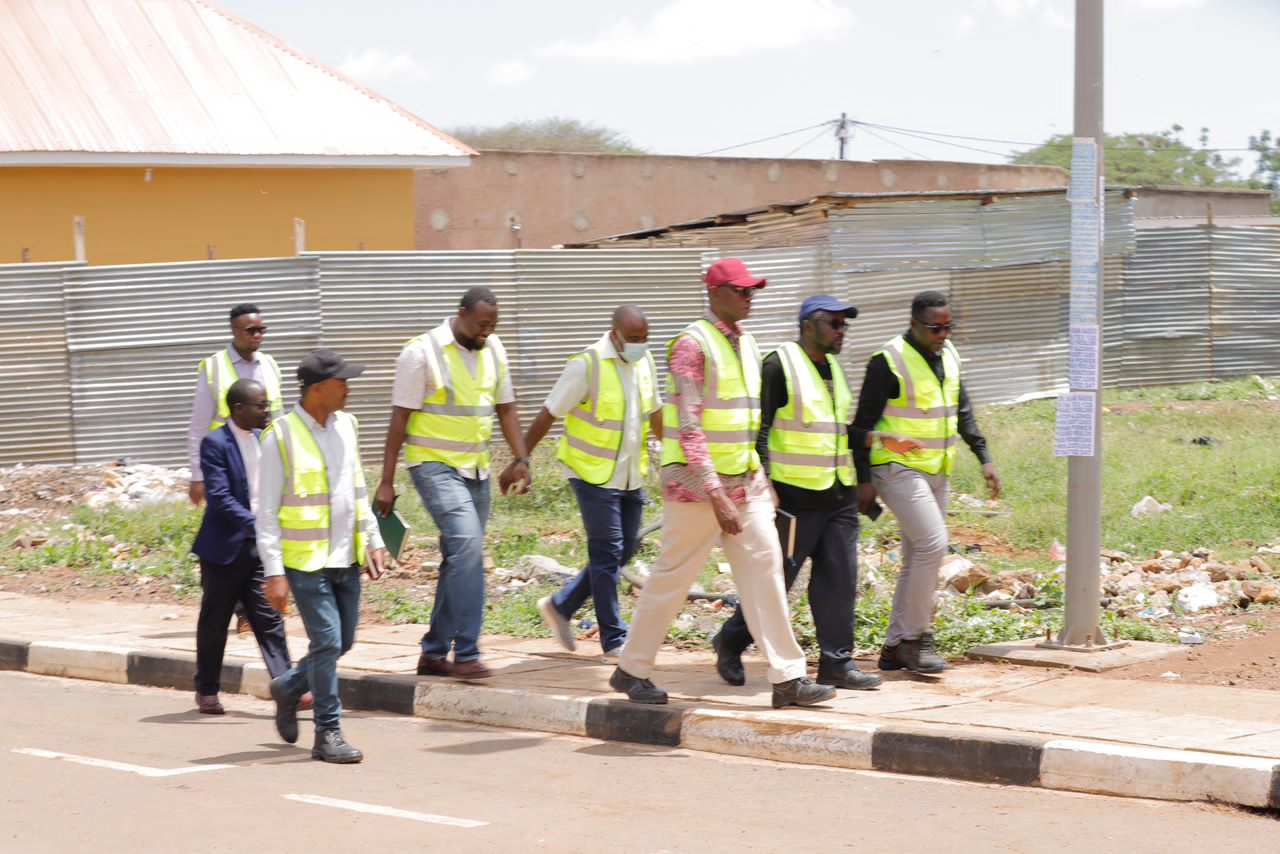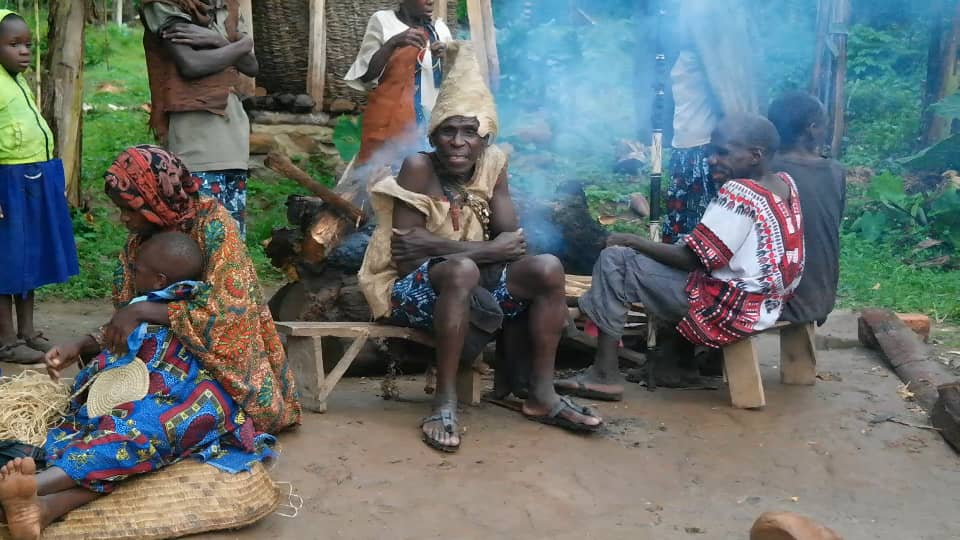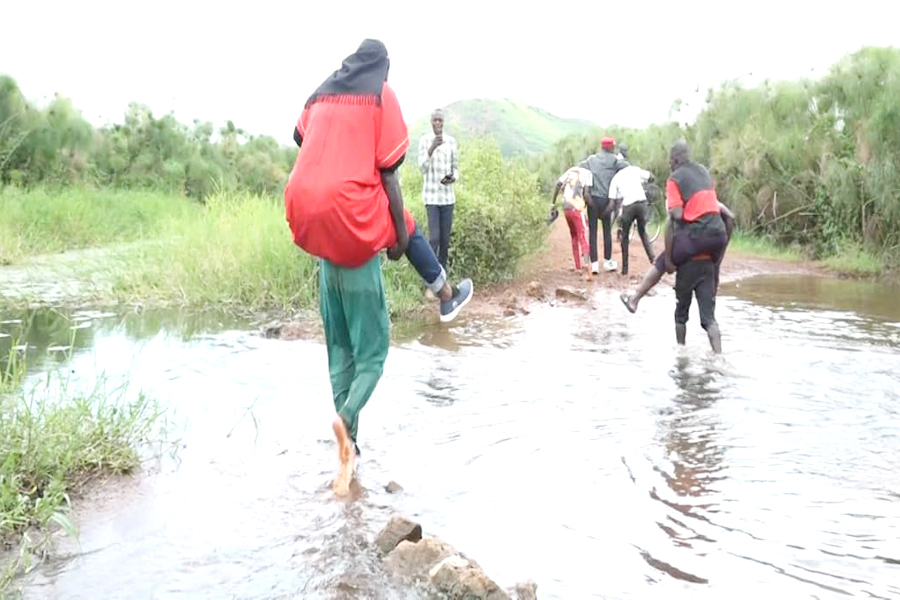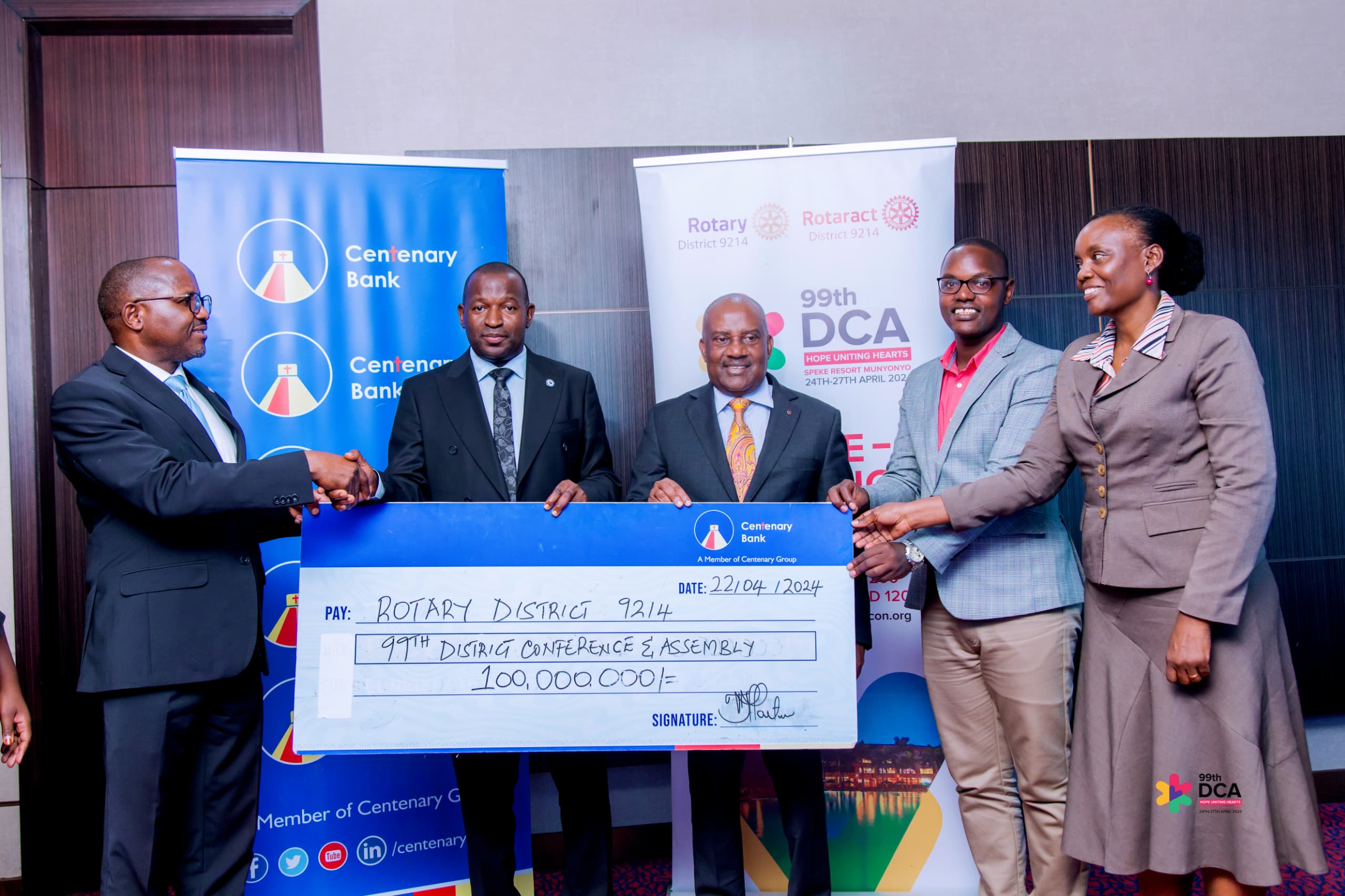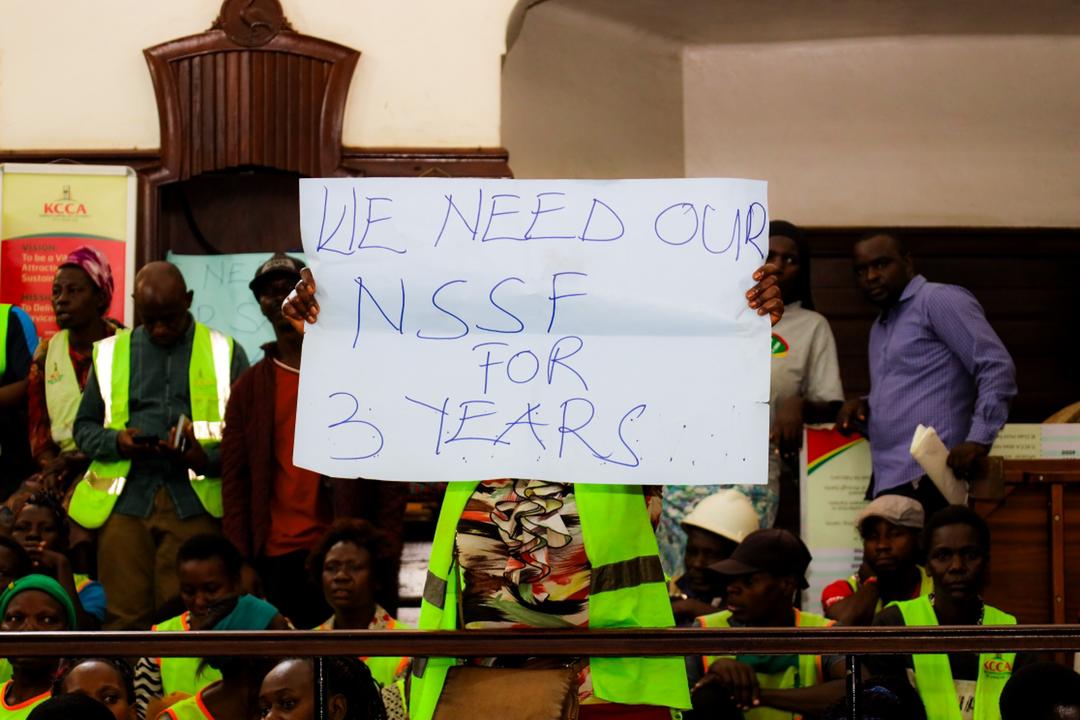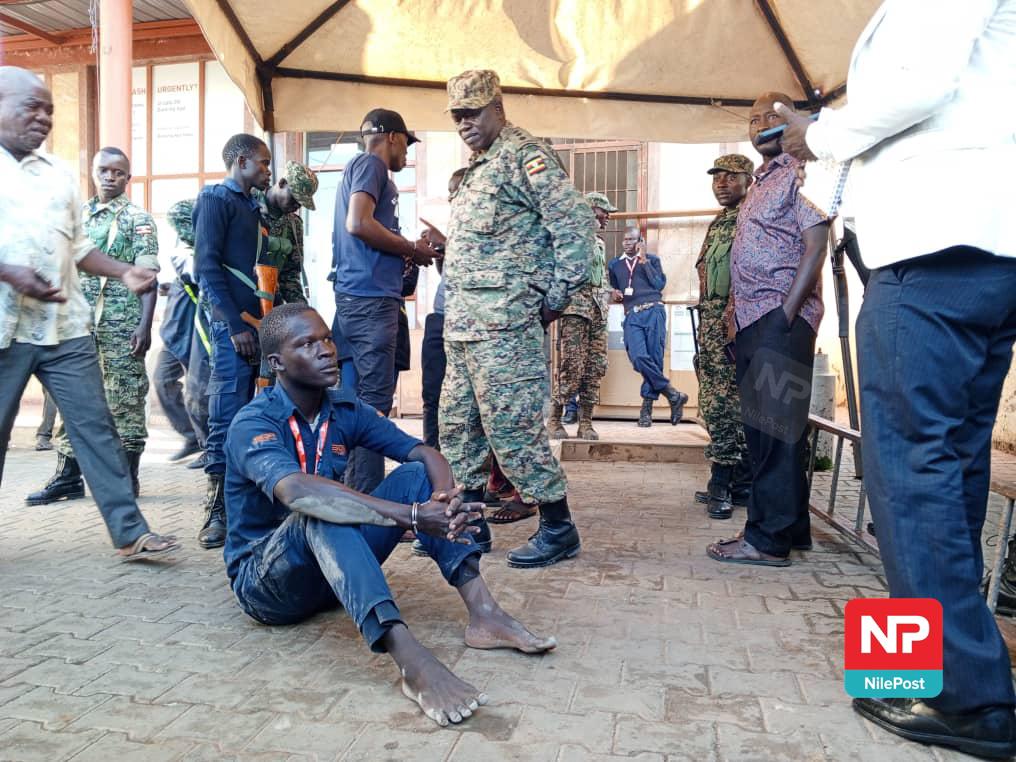South Africa suspends use of AstraZeneca vaccine
South Africa suspended its vaccination campaign against COVID-19 Sunday after a new study revealed that the AstraZeneca vaccine is less effective against a variant of the virus found in the country.
The study, conducted by the University of the Witwatersrand in Johannesburg and not yet peer reviewed, concluded that the British vaccine offered only "limited protection against moderate forms of the disease caused by the South African variant, in young adults."
The news was a blow to South Africa, which has seen more than 46,000 people die from the virus. It had planned to begin inoculating its population with a million doses of the AstraZeneca vaccine in the coming days. But the study found that the vaccine was only 22% effective in moderate cases of the South African variant of the disease.
The study did not explore the vaccine’s effect against severe cases. The variant has been found in at least 32 other countries including the United States.
AstraZeneca said Sunday it was developing another vaccine that would be more effective against the South African variant, which could be expected by this autumn.
Over the weekend, both Iran and China unveiled new vaccines against the virus. On Sunday, Iran announced it had developed the Razi Cov Pars vaccine manufactured by the Razi Vaccine and Serum Research Institute. Scientists will begin testing the vaccine on people this week.
On Saturday, China’s National Medical Products Administration said in a statement Saturday that regulators approved the use Friday of CoronaVac, developed by Sinovac Biotech Ltd.
It’s the second vaccine approved for public use in the East Asian country. The first, a vaccine developed by a Chinese institute affiliated with the state-owned China National Pharmaceutical Group, Sinopharm, was approved two months ago.
The Sinovac vaccine, which is being administered in at least five other countries, was given emergency approval last July for high-risk people, such as health care workers and employees of state-owned companies.
Conditional approval of the vaccine allows its use for the general public, while research continues. The company must submit current data and reports of any adverse effects after the vaccine is sold on the market.
More than 59 million doses of COVID-19 vaccines have been distributed across the U.S., the Centers for Disease Control and Prevention said Sunday. More than 41 million doses of the Moderna and Pfizer-BioNTech vaccines had been administered by Sunday morning, with more than 31.5 million people receiving the first inoculation according to the CDC. More than 9 million people received their second dose.
The U.S. has more COVID-19 cases than any other country, with almost 27 million cases by Sunday evening and more than 463,000 deaths, according to the Johns Hopkins Coronavirus Resource Center. Following the U.S. in the number of infections are India, with nearly 11 million cases, and Brazil, with 9.4 million.
Australia, now three days without any locally transmitted coronavirus infections, is set to begin the Australia Open on Monday in Melbourne. Tennis players in the first grand slam of the year had to undergo a two-week hotel quarantine when they arrived in January.
Cuba’s economy has been hammered by the pandemic. In an effort to recover from the economic slump, the communist island nation announced that it will allow an increasing number of small private businesses to operate. Cubans have been strictly limited in the kinds of private businesses they could run, but the government is reported to have widely expanded the list of possibilities.
Source: VOA





